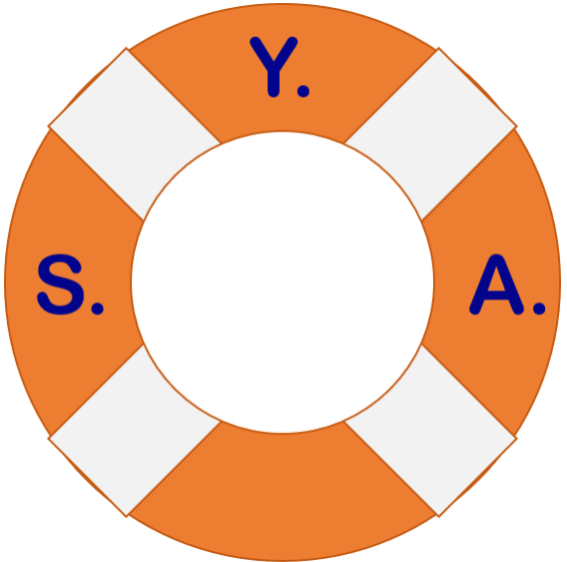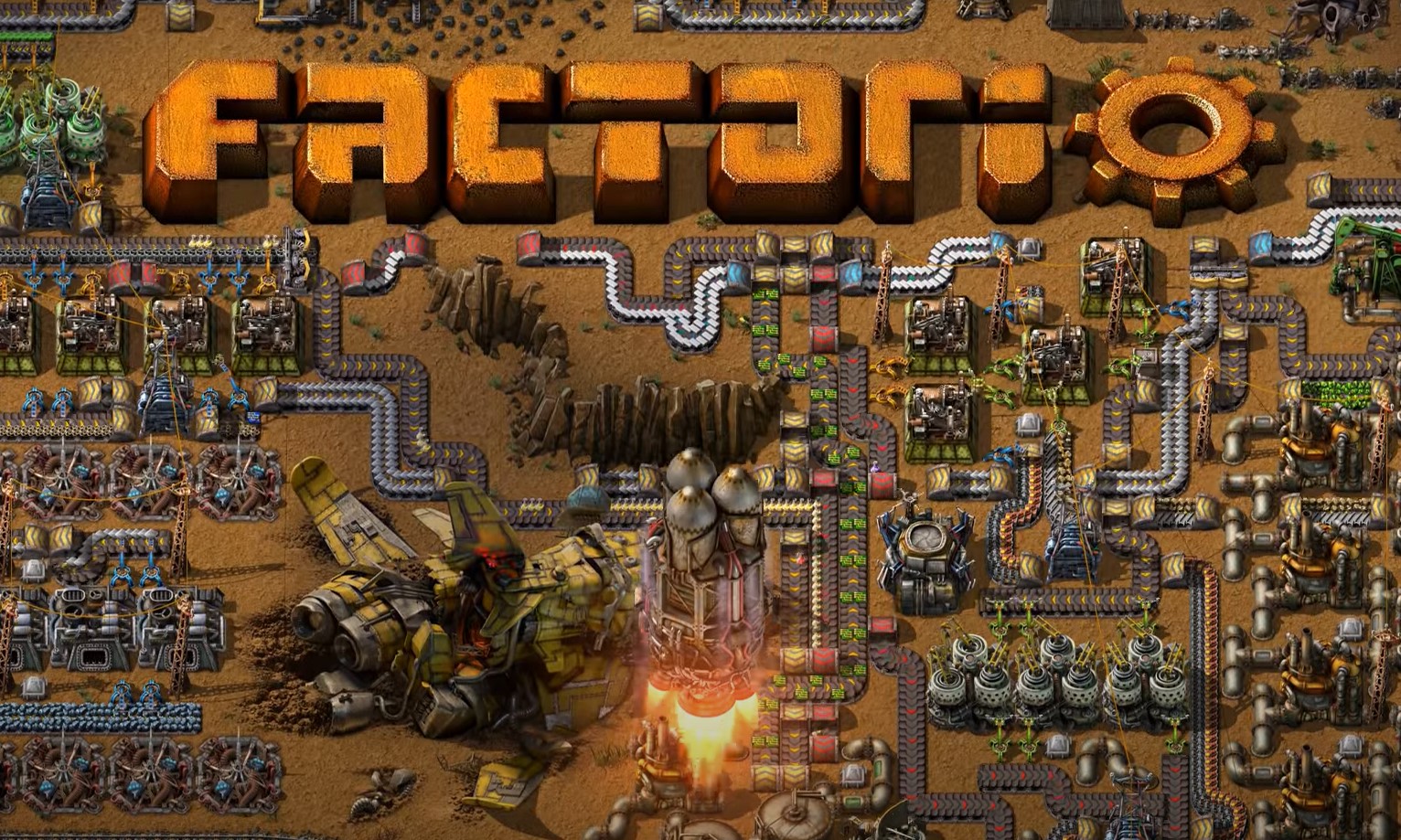If you are a fan of Factorio you know business skills are necessary to complete the game. If you have never heard of it, read on to learn what I’m talking about. In short, I believe that many video games are very good tools for assessing and developing in-demand skills needed by businesses today. If only more companies embraced the idea.
How does a computer game showcase business skills?
Playing computer games has long been thought of as a recreational or time-wasting activity. More and more research and data, however, indicates that games can showcase a variety of in-demand skills businesses are clamoring for. Many LD/LMS systems (Learning & Development / Learning Management Systems) today use gamification elements to entice people to use the product. This makes learning fun and increases retention of what was learned.
I’m not saying all games can be used for this but many games on the market today require complex skills to master and beat. Many skills are used across different genres, and some genres are more focused on some skills than others.
Take a trip in the way-back machine with me
My thoughts on this topic started in the late 80s. I was having a discussion with some co-workers about a topic where we both disagreed with the other’s position. I attempted to prove my point by suggesting a board-game to demonstrate the logic I was using to draw my conclusions.
Unfortunately, as soon as the word ‘game’ was brought up, they immediately ridiculed me and dismissed my point of view and the discussion ended. They did, however, bring it up to ridicule me every chance they got in the future. In hindsight, I could have used a whiteboard and markers to demonstrate the logic for this particular argument, but it was too late at that point. Unfortunately, too many people have this same thought process when it comes to games, even today.
Back to Factorio
Looking back the past 30+ years, I’m older, wiser and able to look at things from a variety of perspectives. During the pandemic gaming hit a new high. With many people stuck at home with nowhere to go and nothing to do, many picked up gaming as an outlet.
It dawned on me while playing Factorio last year how many business skills I was using to play this game. I realized it would make an interesting article so here we are. I am also sure this will generate polarized views in favor of and against it.
As I was jotting down all the skills I was using, it got me thinking more broadly about video games in general. There are a variety of game genres that require business skills. I started to map out some of the more major skills needed in each genre.
Game Genres
Before we get to the matrix, I want to identify the game genres that I feel require the most business skills to accomplish:
- Simulation (SIM)
- Puzzle (PUZ)
- Tower Defense (TD)
- 3rd/1st Person (3PS/1PS)
- Real-Time Strategy (RTS)
- Turn-Based Strategy (TBS)
Simulation (SIM)
Many of the best games for using business skills are simulations such as Factorio, Satisfactory, Production Line and Dyson Sphere Program that require the player to design and build complex automated factories to reach an end result. Many games in this genre seem to require the largest variety of business skills to accomplish. I will describe each of these titles in a little more detail in the next section.
Puzzle / Tower Defense (PUZ/TD)
Tower defense and puzzle games are more oriented on problem solving. TD games require you to protect your base by using a variety of towers. These need to be placed in just the right sequence and quantity to be able to defeat the onslaught sent to destroy your base. If one strategy doesn’t work, (using continuous improvement principles) try again. Many puzzle games use a first-person perspective to solve puzzles like the Portal series, The Turing Test, Q.U.B.E series, Gravitas and others. These all require critical thinking and problem-solving abilities.
3rd/1st Person (3PS/1PS)
3rd person and 1st person shooter style games require planning, effective communication, teamwork and quick thinking on the fly to complete objectives.
Real-time Strategy (RTS)
Real-time strategy (RTS) games require (as the genre implies) strategic thinking to achieve victory, while dealing tactically short-term to achieve the strategic long-term objective all in real-time. You must adapt on-the-fly to ever changing environmental conditions (just like constantly changing business requirements). Your ability to keep track of these changing conditions and respond appropriately will determine success or failure.
Turn-based Strategy (TBS)
For those that like chess where you have more time to think about your move, turn-based strategy games are going to be up your alley. Here all activity pauses while each player decides on the moves it will make (planning) before committing those to action (implementation).
Enter Factorio, Satisfactory, Production Line & Dyson Sphere
If you are not familiar with these games, you might be wondering how they relate to business skills. These games each use a combination of genres (RTS, SIM and 3PS/1PS). Before we get into specifics, here is the premise of each game:
Factorio
In Factorio, you have crash landed on an alien world full of natural resources. You need to build a rocket to be able to leave the planet. To do this you have to craft and build everything from scratch using the materials available. This uses a top-down view common to real-time strategy games. There is a large pool of technologies that need to be researched to progress. You go from manually harvesting raw material and crafting items to using automation to harvest and process raw materials. Each step allows you to be able to construct more advanced products.
There is even an environmental impact aspect to this game with pollution created from using fossil fuels (early game). It contaminates the air & water. It kills off nearby forests in the pollution zone and triggers attacks from the native species. Eventually through research you can switch to more green power options and reduce, but not eliminate your carbon footprint.
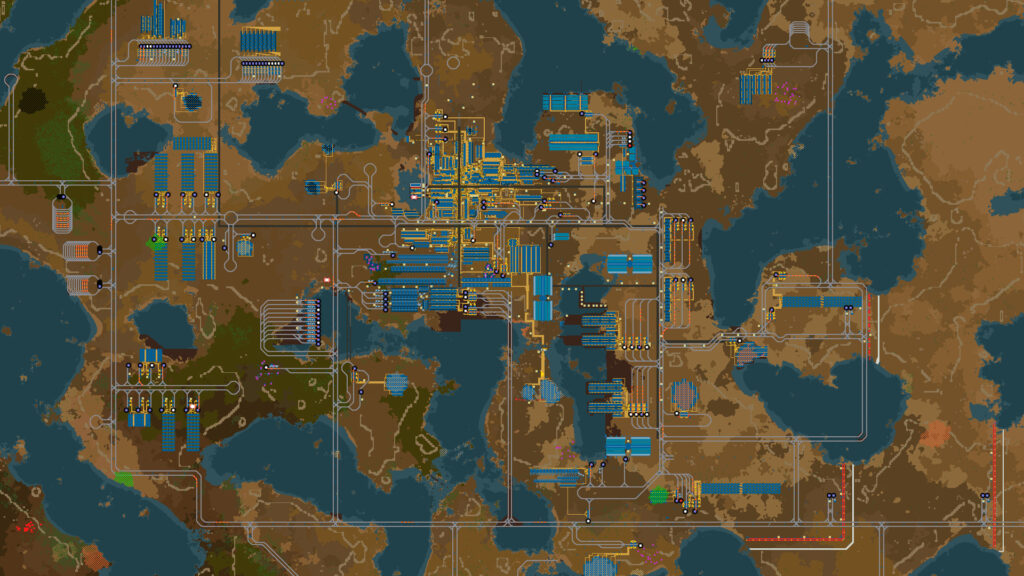
Production Line
Production Line is a car factory simulator that also uses the top-down perspective where the player has to build an automated car assembly facility. Your goal is to produce and sell cars for profit. It too has a research tree that you need to use to unlock newer features to progress through the game.
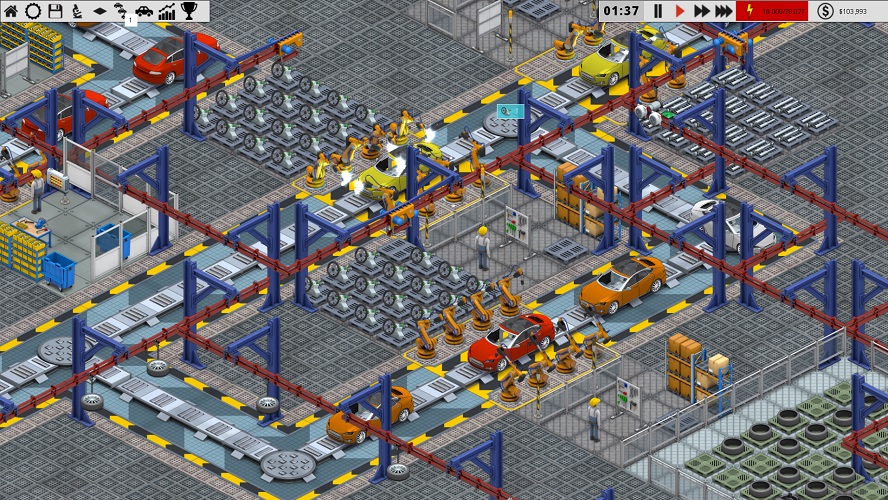
Satisfactory
In Satisfactory, you are on an alien planet and have to craft complex, automated factories to produce products to explore your alien world. This game uses a first-person perspective instead of the top-down approach of Factorio or Production Line.

Dyson Sphere Program
Dyson Sphere takes supply chain and factory automation to a galactic scale. You have to find and process resources on various planets throughout the galaxy and transport them to a star. There you build a Dyson Sphere to harness the energy of a sun using a 360-degree 3D RTS environment.
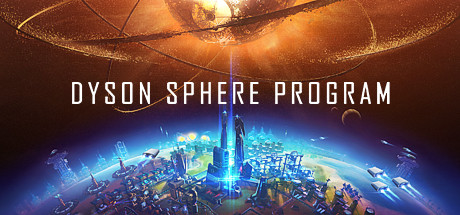
So what do these games have in common? They all require a variety of skills to complete that are just as necessary in the game as they are in business.
What skills do these games require?
The matrix below provides a breakdown of business skills and which genre(s) use each skill to achieve the “business” objectives.

Phew! That is quite a list of skills.
Why not test for business skills?
Many businesses already use personality tests or ask candidates to demonstrate technical proficiency in a coding language (for example) before making an offer. I have yet to experience or hear of a test for critical business skills.
Everything is decided using questions they may ask during the interview and what is typed on a resume. I cannot possibly demonstrate my past experience or my skills just via Q&A at an interview.
I am confident we could all come up with examples of employees that clearly exaggerated or outright lied about their abilities during the hiring process. Either that, or they were hired for a role outside their true talents and would be better suited for another role in the company.
Wouldn’t it be great if candidates could, and had to, demonstrate business skills to give a business a clearer picture of what the candidate can do? Something that would showcase their abilities, strengths and weaknesses? Thereby giving business the ability to hire them for a role that takes advantage of their strengths. I believe that using computer games can fill that void and provide businesses a way to gauge the talent they are looking for.
Don’t probation periods do this?
Yes, I know that some would argue this is what probationary periods or temp to hire scenarios are for. But I would argue that using a game is better than waiting 90 days or 6 months to decide if the candidate is a good fit. With game results, the business is back to square one trying to find someone to fill a role after only 1-2 weeks instead of losing 3-6 months before figuring out someone does not have the skills the business is looking for. Will there be a learning curve? Absolutely. Does that tell a business anything? You bet. Does it lengthen the interview process? It should not and does not have to.
The last few jobs I interviewed for took between 30-60 days from start to finish. There was a lot of downtime between the rounds and levels of interviews that were conducted before a decision was made. Any company that has a lengthy process like that could easily insert a game into the timeline. This could obtain valuable data to consider during the process without adding more time. I would happily learn and play a game that provided direct evidence of my skills and competency in-between interviews.
What insight can a business get?
Information on how well a candidate adapts to new situations or change, takes direction, handles stress, learns new software, etc. It could even be used as an ongoing training and development tool after hiring. Use it to further develop and assess skills as well as provide a way to do something fun and different from the day-to-day routine. A company could even setup friendly competition among teams or departments. Create challenges, goals or use high scores as incentive to do well.
Maybe everyone gets an hour or two a week to play a game from a list of approved titles that requires skills the business uses or needs. It not only helps the employee unwind but further develops those skills. Imagine how many new ideas or process improvement suggestions could be generated by the experiences people gain playing certain games. What kind of impact could that have on a companies’ bottom line? Only one way to find out.
What are the challenges?
I’m not going to say using a game(s) to test for business skills is simple.
- Companies will have to find one or more titles that will provide the outcomes the business needs.
- They will have to license those titles appropriately, just like any other software.
- They would need to figure a way to provide access to candidates to play the game.
- What information, statistics or KPIs they are looking for and how to collect that data.
- Some games will have hardware requirements that a typical business computer or non-gaming home system will not meet.
- What to do if a candidate doesn’t own a computer and only has a smartphone or tablet device?
All these are challenges that can be overcome if a business puts it mind to it. Something as simple as a pool of gaming capable laptops issued to candidates that get to a certain point in the hiring process can meet the need. Have them play the game and generate the data, KPIs and metrics the business is looking for. It can be collected and reviewed after a week or two and now you have actionable data on their abilities.
Summary
Hopefully now you can see why I believe computer games are not only a good demonstration of business skills but also a way to develop talent in skills businesses need. Time will tell if the business world realizes this and adopts it into hiring and training processes. With performance based interviews gaining traction in some sectors, maybe games will find a niche. I know I’d much rather demonstrate my skills by playing a game rather than just answering questions in front of a panel. Just because I say I can do something doesn’t mean I can. Showing I can do something proves it.
Additional Articles
Comments
What do you think? Did I miss any skills you would add to this list? Let me know if the comments below.
Last Updated on August 16, 2022
